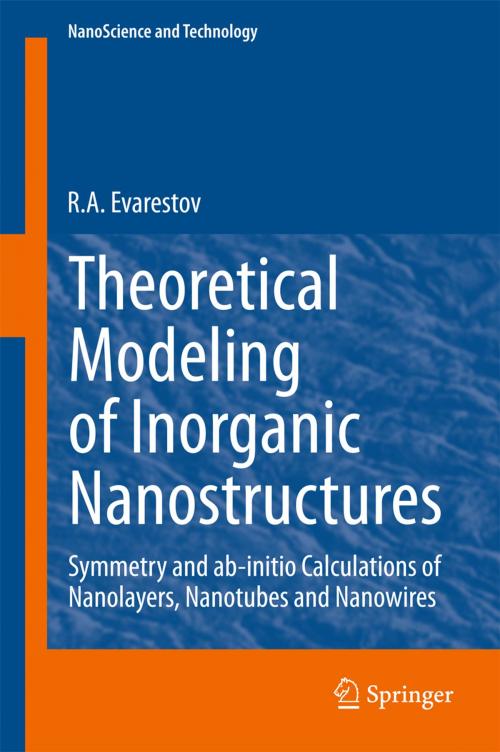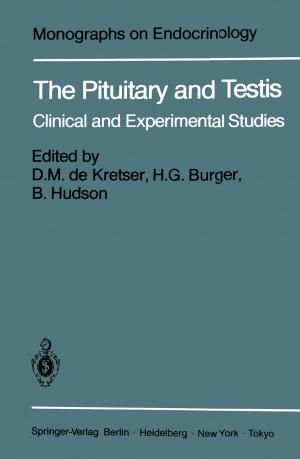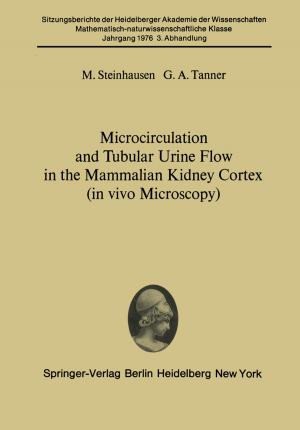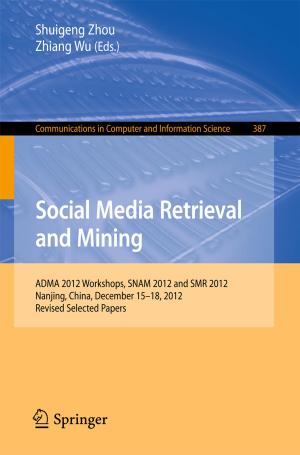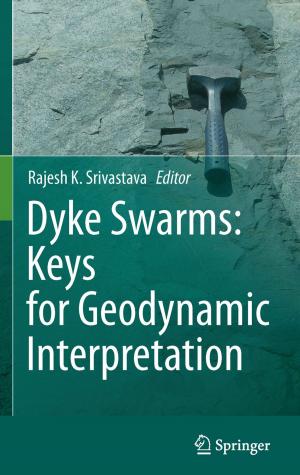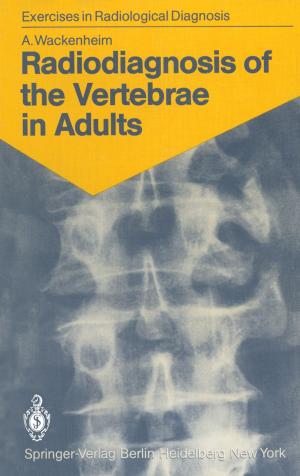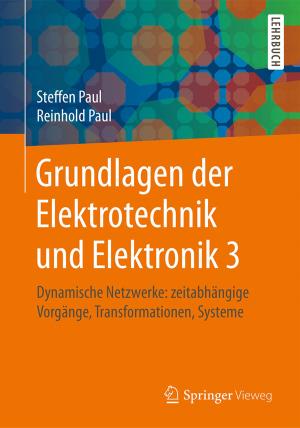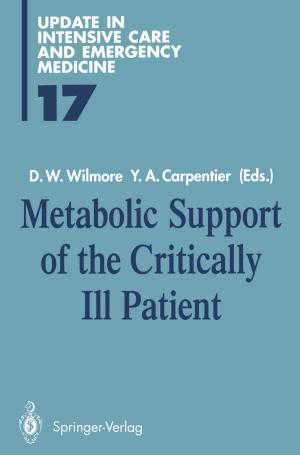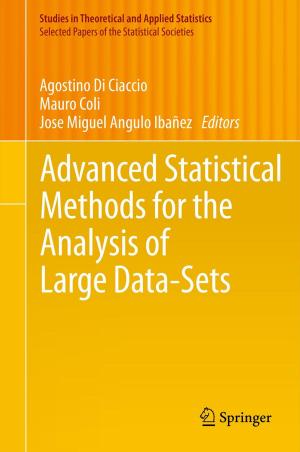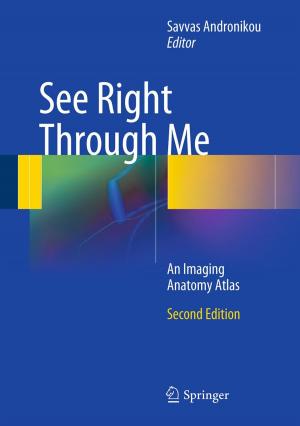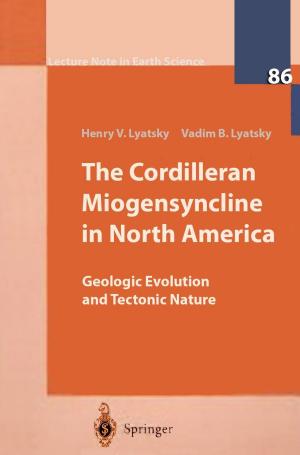Theoretical Modeling of Inorganic Nanostructures
Symmetry and ab-initio Calculations of Nanolayers, Nanotubes and Nanowires
Nonfiction, Science & Nature, Science, Other Sciences, Nanostructures, Chemistry, Physical & Theoretical, Technology| Author: | R.A. Evarestov | ISBN: | 9783662445815 |
| Publisher: | Springer Berlin Heidelberg | Publication: | January 23, 2015 |
| Imprint: | Springer | Language: | English |
| Author: | R.A. Evarestov |
| ISBN: | 9783662445815 |
| Publisher: | Springer Berlin Heidelberg |
| Publication: | January 23, 2015 |
| Imprint: | Springer |
| Language: | English |
This book deals with the theoretical and computational simulation of monoperiodic nanostructures for different classes of inorganic substances. These simulations are related to their synthesis and experimental studies. A theoretical formalism is developed to describe 1D nanostructures with symmetric shapes and morphologies. Three types of models are considered for this aim: (i) nanotubes (rolled from 2D nanolayers and described within the formalism of line symmetry groups); (ii) nanoribbons (obtained from 2D nanolayers by their cutting along the chosen direction of translation); (iii) nanowires (obtained from 3D lattice by its sectioning along the crystalline planes parallel to the chosen direction of translation). Quantum chemistry ab-initio methods applied for LCAO calculations on electronic and vibrational properties of 1D nanostructures are thoroughly described. Understanding of theoretical aspects presented here enlarges the possibilities for synthesis of monoperiodic nanostructures with predictable morphology and better interpretation of their properties.
This book deals with the theoretical and computational simulation of monoperiodic nanostructures for different classes of inorganic substances. These simulations are related to their synthesis and experimental studies. A theoretical formalism is developed to describe 1D nanostructures with symmetric shapes and morphologies. Three types of models are considered for this aim: (i) nanotubes (rolled from 2D nanolayers and described within the formalism of line symmetry groups); (ii) nanoribbons (obtained from 2D nanolayers by their cutting along the chosen direction of translation); (iii) nanowires (obtained from 3D lattice by its sectioning along the crystalline planes parallel to the chosen direction of translation). Quantum chemistry ab-initio methods applied for LCAO calculations on electronic and vibrational properties of 1D nanostructures are thoroughly described. Understanding of theoretical aspects presented here enlarges the possibilities for synthesis of monoperiodic nanostructures with predictable morphology and better interpretation of their properties.
